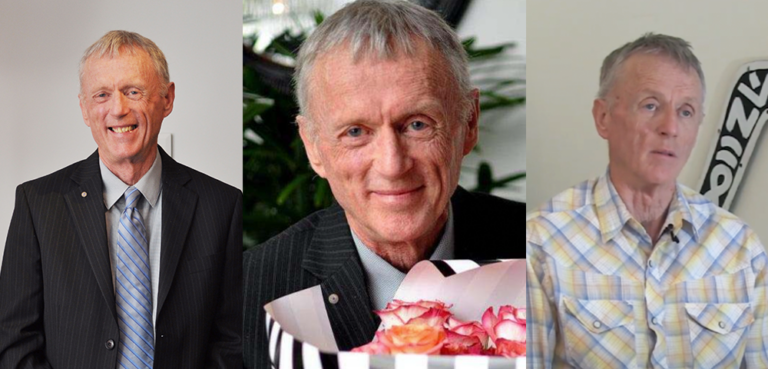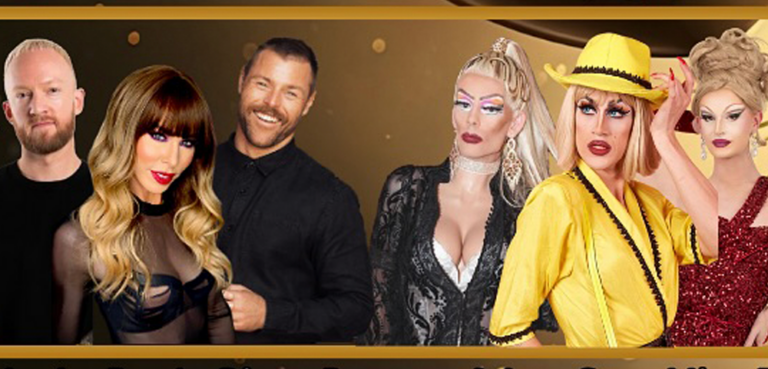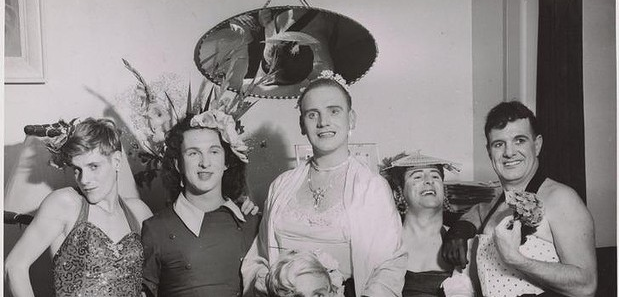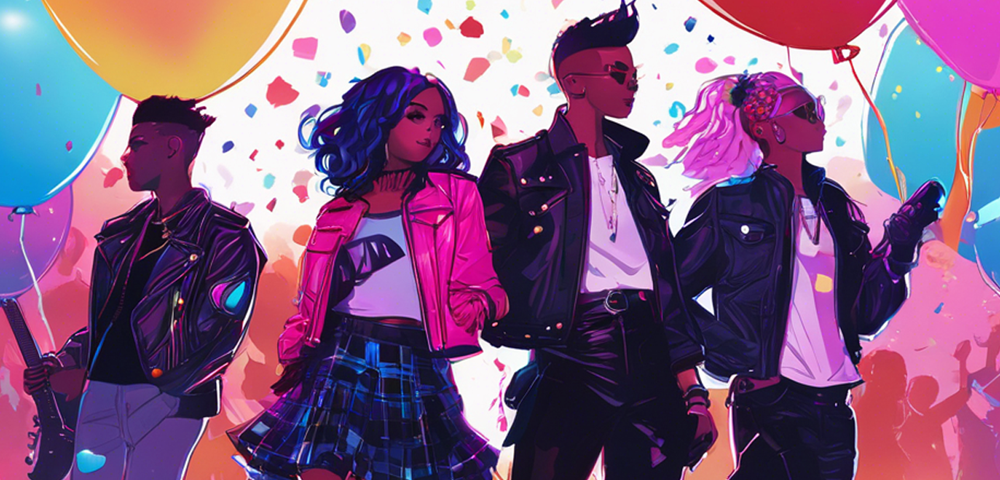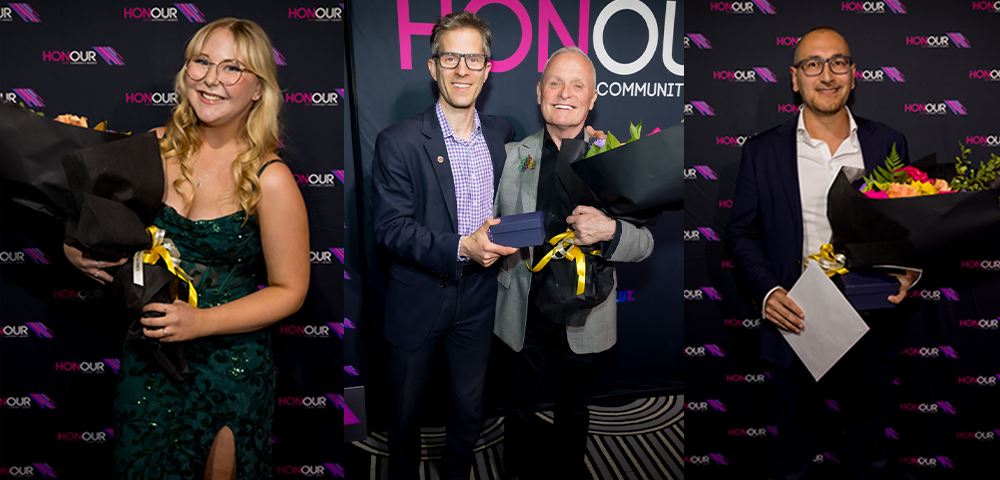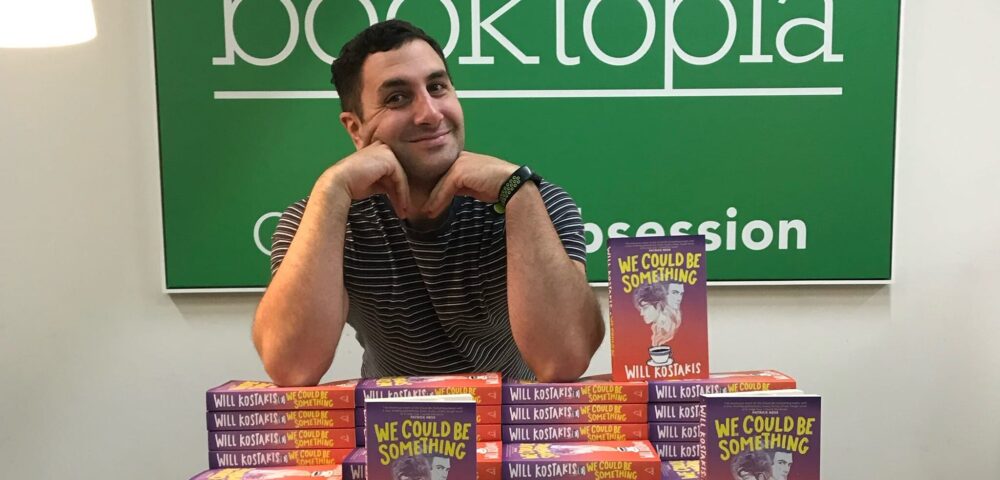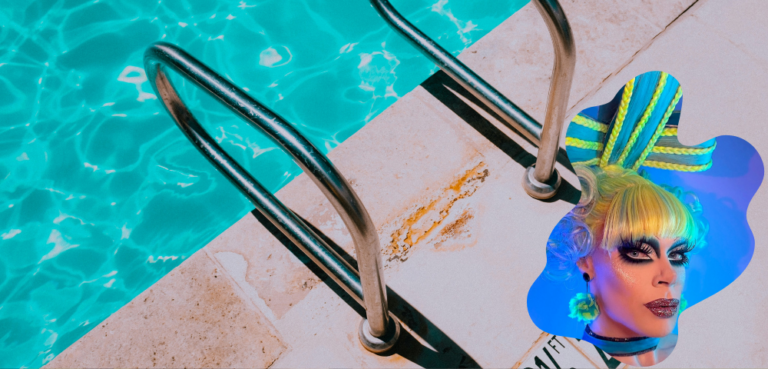
Closet Case: Buck Angel
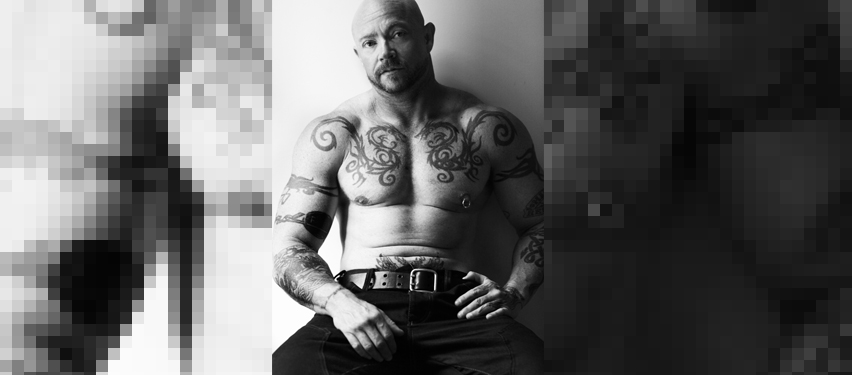
PORN star, advocate, lecturer, icon — Buck Angel is probably the most famous trans man in the world.
It’s funny, because when he first came out, the words to describe his experience didn’t really even exist. When Angel was still in high school, in the late 70s, his parents were worried about him.
“This is probably a very typical story — your kid is out on drugs, and coming home late, and quiet and not talking to you any more, and I was disconnected with my parents,” Angel said.
“They just knew something was wrong with me.”
Angel was having a lot of success as a long-distance runner, but felt isolated and in turmoil.
“I remember this so clearly — my mum is crying and my dad is just stern, and then my mum says, ‘we need to know what’s wrong with you, we need to know, you can tell us anything’,” he said.
“I was just like, ugh, it’s so hard, you want to just say it but you can’t, and then I just started to cry and then I just said, ‘I feel like a man.’
“It’s the first time I ever said it.”
There was no way really for Angel to put his feelings into language that could be understood at the time. Having a woman’s body at the time, he thought maybe he was a lesbian — he was attracted to the women on his track team, and “lesbian” was one of the only words available to him.
“I started to cry, and my mum started to cry, and then my dad looked across and he goes, ‘it’s my fault’,” Angel said.
“And then I said, ‘it’s not your fault.’ I don’t know how I had the strength to even say that, or even know that, and he’s like, ‘no, it’s my fault, I wanted to make you a boy.’ And he did want to have a boy — I have two sisters, and we’re very masculine and athletic.”
Finally, Angel’s parents asked him if they needed to get him help, and he ended up seeing a psychiatrist.
After that conversation it was a long time before Angel was able to find the support he needed to transition, going through years of anguish in the process leading up to finding that support. He spent time in a psychiatric ward following suicide attempts, dropped out of school, and turned to drugs and alcohol.
“I’ll never forget that — many people don’t want to re-live that part of their life,” Angel said.
“I didn’t. For many years I pushed it away but now I’m so embracing it as a way to tell the world that this is why we need to accept trans* people now, because you don’t want them to be like I was.”
After all the courage it took to get him to the moment when he could tell his parents, “I feel like a man,” Angel imagines now things would have gone very differently.
“It’s what’s happening now — 16-year-old kids, they write me all the time, saying thank you,” he said.
“Even parents write me. I was in Adelaide, parents came to see me, crying. Do you know how many people cried to me in Adelaide?
“My life is so bizarre. I have to ground myself constantly — I have to spend a minute or so in my room crying because people come to me with such intensity.”
**This article was first published in the January edition of the Star Observer, which is available to read in digital flip-book format. To obtain a hard copy, click here to find out where you can grab one in Melbourne, Sydney, Brisbane, Adelaide, Canberra and select regional/coastal areas.


